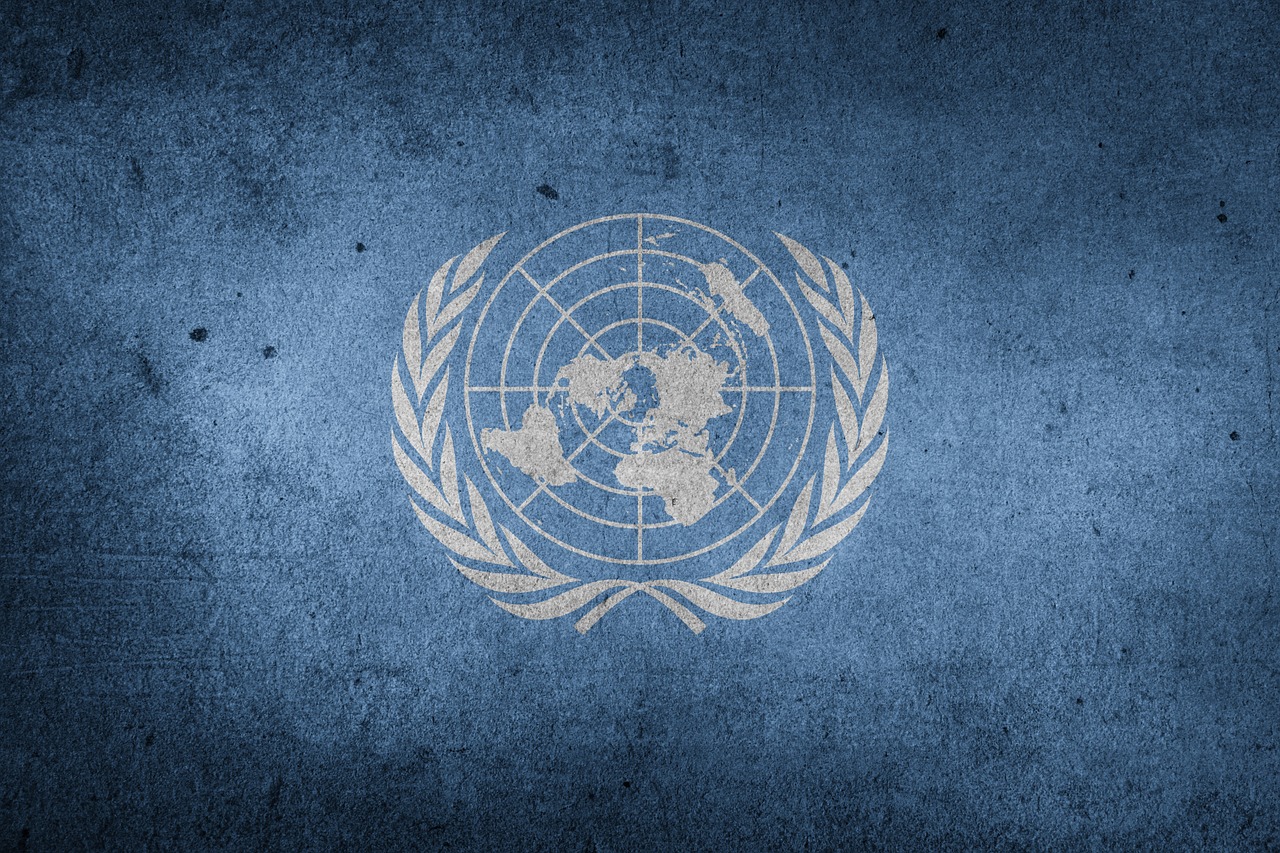On Saturday, the United Nations Secretary-General, Antonio Guterres, and Gordon Brown, his global education diplomat, introduced a billion-dollar education funding. The project, dubbed the International Finance Facility for Education (IFFEd) will provide educational funding for children in lower-income nations.
UN Introduces Finance Facility For Education In Low-Income Countries
Meanwhile, the first projects the funding is for will take place in 2023. The IFFEd will support skills and educational development projects in lower-middle-income nations.
The initial funding for the IFFEd begins at $2 billion. However, the UN stated that the funding would increase to $10 billion by 2030.
During a news conference with Brown, Guterres stated that education is the foundation of wealthy, peaceful, and stable communities. Unfortunately, two-thirds of nations have reduced their education spending since the beginning of COVID-19.
“A reduction in investments almost certainly ensures the occurrence of more major crises in the future. It is imperative that we invest more funds, not less, in our educational systems,” he added.
Meanwhile, Guterres stated that wealthy nations could raise funding from local production. However, the increased cost of living and food prices have attacked several developing nations.
As a result, the Secretary-General stated that these nations need support and funding. He added that this is essentially the role the IFFEd should play in the education sector.
According to him, the purpose of this facility is to provide financial assistance to lower-middle-income nations. This is because they are home to the world’s largest refugee and displaced children.
UN Secretary-General Calls For Donations
Additionally, developing nations house most of the world’s adolescents and children. Guterres added that the IFFEd is not new investment.
Instead, it is a way to boost the available resources to multinational banks to provide education financing at lower costs. Guterres urged all charitable groups and foreign donors to support the IFFEd, saying that it will augment and function alongside current instruments that give grants and other help.
Furthermore, Brown gave various instances where the IFFEd could be helpful. One such occasion is when more than 260 million school-going children cannot go to school.
Another instance is when 400 million children aged 11 years cannot read and write. Brown notes that 840 million children, including young people, often have no qualifications when they drop out of school early.
This situation makes it difficult for them to get employed and contribute to society positively. Furthermore, Brown added that the UN expects the fund to increase after a while. Currently, the fund stands at over $2 billion.
Over the coming months, the fund could increase to $5 billion. According to Brown, the UN has unveiled the largest single investment in global education that the world has ever witnessed. He believes the fund has the potential to change the futures of millions of children.

